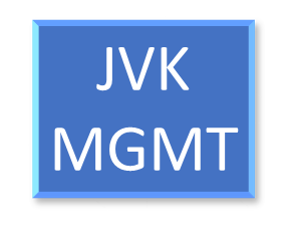Plan Takes Aim At Sand Mining
/The Town of Huntington will hold a public hearing on July 14 on a plan that would dramatically increase the fee to remove sand from development sites – a move meant to discourage environmentally harmful sand mining.
Councilman Mark Cuthbertson, who is sponsoring the plan that will be the subject of the hearing at Huntington Town Hall, is proposing to raise the fee from 5 cents to $2 per cubic yard. Cuthbertson’s legislation would also increase the minimum removal fee that is charged from $25 to $100 – the equivalent of 50 cubic yards of material under the new code.
The new $2-per-cubic-yard excess material removal fee would be established in a companion resolution, sponsored by Supervisor Frank Petrone. A public hearing for that portion of the code is also scheduled for July 14.
“I think what we find sometimes with site plan applications that they end up as a part of the development process mining sand and doing it in a way that is harmful to the environment,” Cuthbertson said. “We want to try to discourage it.”
In some cases, the councilman said that site plans can essentially become elaborate covers for sand-mining operations. He didn’t have specific examples of incidents in Huntington. However, Cuthbertson noted that two towns on Long Island – Riverhead and Brookhaven – have already enacted legislation similar to Huntington’s current proposal, where environmentally fragile areas are abundant.
Excessive sand mining leaves large pits on the earth’s surface and, if extended deeply enough, it can impact ground water, springs, wells and the water table, according to environmentalists. When done on beaches and waterfront areas, sand mining has been identified as a direct cause of erosion that can impact local wildlife adversely on land and in the water.
Adrienne Esposito, executive director of the Citizens Campaign for the Environment, said increasing the removal fee is one way to go about tackling the issue.
“There’s not many ways to do that, and unfortunately, the enforcement by the DEC is very weak,” she said. “The problem with illegal sand mining is you dig down close to the water table, which unfortunately allows pollutants to easily contaminate our ground water.”
That pollution then spreads to bays and estuaries, Esposito said.
“The sand acts as a filter and a shield, and when illegally mined, that filter and shield disappears,” she said.
Mitch Pally, executive director of the Long Island Builders Institute said the town should tread carefully as not to inflate construction prices, especially in the housing market.
“Anything that makes it more expensive to build makes housing more expensive for people to buy,” he said. “While that may not be important at the higher end [of the market], it may be problematic for the lower ends when you’re trying to build affordable housing.”
The public hearings are scheduled for 2 p.m. on Tuesday, July 14, 100 Main St., Huntington.






